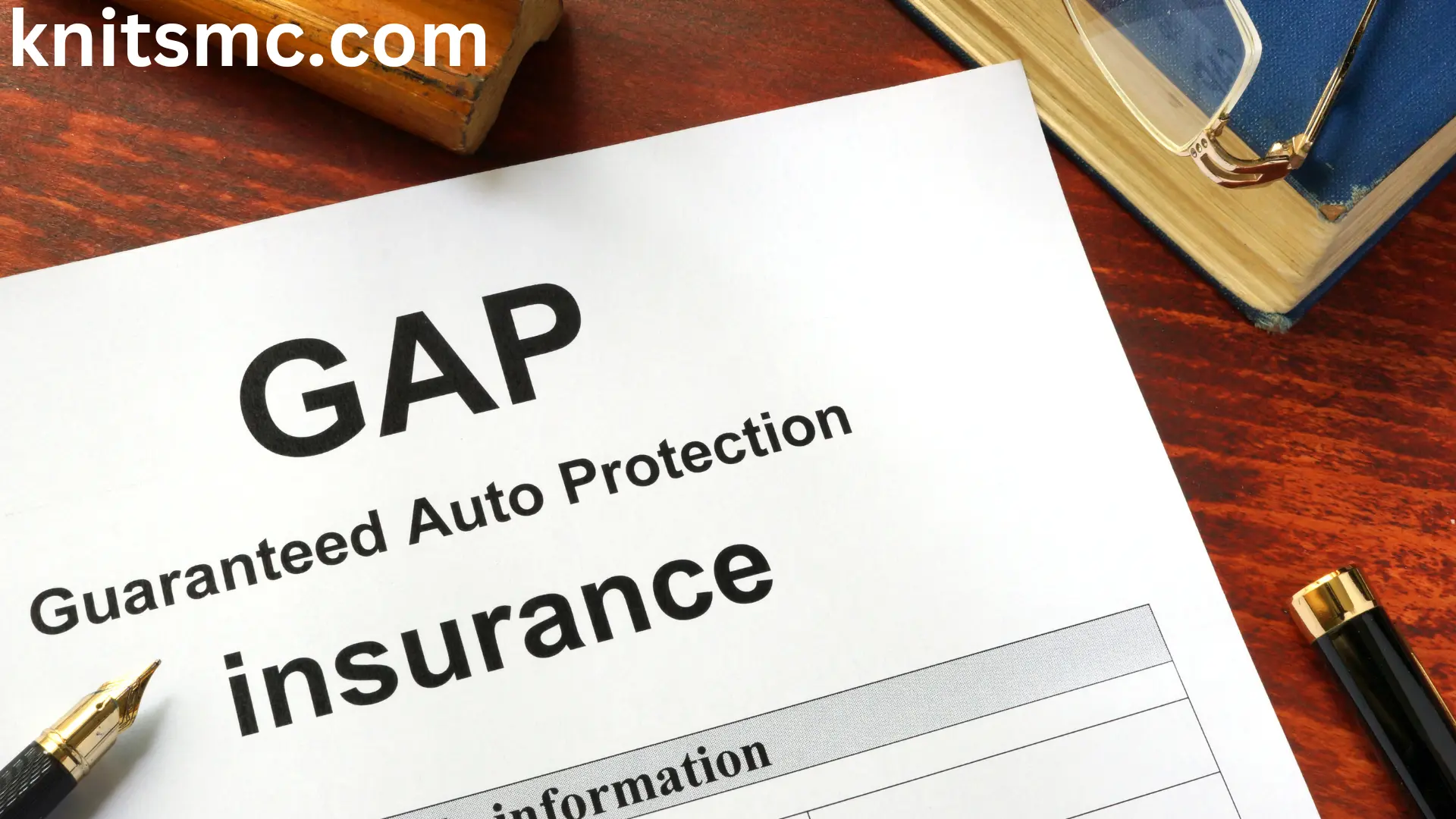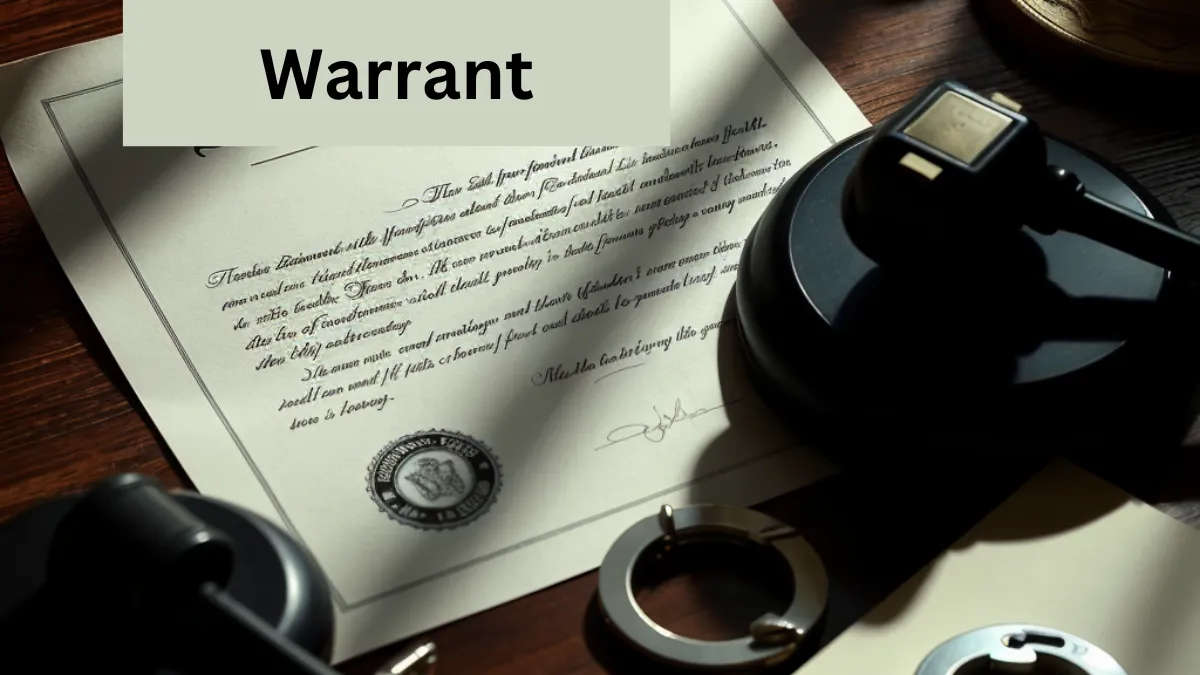Table of Contents
When you buy a new car, you may hear about “gap insurance” and wonder, “How long does gap insurance last?” In this post, we’ll review the specifics of gap insurance, including how long it lasts, why it’s essential, and what you need to know about it. We’ll also provide some surprising facts about gap insurance you might not know, helping you make the right decisions for your vehicle’s financial protection.
How long does gap insurance last? What is Gap Insurance?
Before diving into how long gap insurance lasts, let’s first understand what it is. Known as “Guaranteed Asset Protection, “If your car is totaled or stolen, The difference between what you owe and what gap insurance will cover on loan and the vehicle’s current market value. Regular car insurance usually only covers the car’s market value at the time of loss, which can be significantly lower than you still owe. Here’s where gap insurance comes into play, making you not get paid a manageable amount out of pocket.
Why You Might Need Gap Insurance
A common question is, “Do I need gap insurance? If you took out a loan or lease on a new car, the answer is likely yes. Cars depreciate quickly, often losing up to 20% of their value within the first year. If your vehicle is totaled or stolen early on, your standard insurance may not cover what you still owe, leaving you in a tough financial spot.
How Long Does Gap Insurance Last?
Typical Length of Gap Insurance Coverage
Let’s answer the central question: How long does gap insurance last? The typical duration of gap insurance aligns with the length of your car loan or lease, usually lasting 1 to 5 years. Once your loan or lease is paid off, gap insurance becomes unnecessary since you no longer owe money on the vehicle.
Gap insurance is automatically tied to the loan or lease period, meaning it will end when your financial obligation to the car ends. However, it’s essential to review the details of your policy, as terms and conditions can vary between providers.
When Does Gap Insurance Expire?
Gap insurance generally expires when your loan balance matches or falls below the car’s market value. If you’re in a situation where you’re nearing the end of your loan term or have paid off most of your loan, you may no longer need gap insurance.
Check your loan balance regularly to see if you still need this coverage. If your car’s market value equals or exceeds what you owe, gap insurance may no longer offer value.
How long does gap insurance last? What Factors Affect How Long Gap Insurance Lasts?
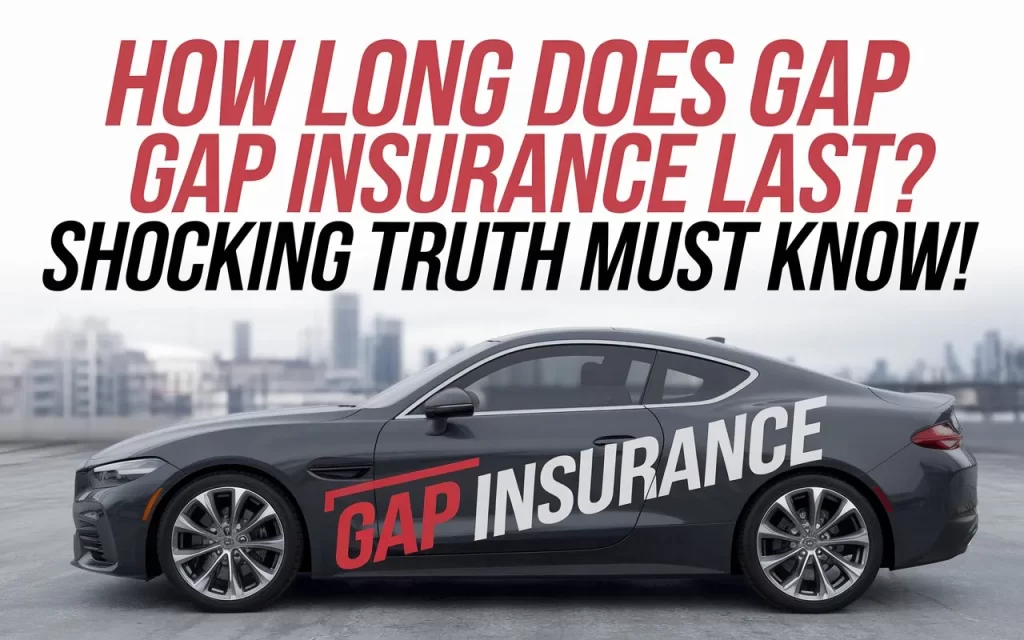
Loan Term
The length of your loan or lease directly affects how long gap insurance lasts. For example, if you have a five-year loan, gap insurance will typically last for those five years. If your loan or lease ends sooner, your gap insurance will end.
Car Depreciation
Car depreciation plays a significant role in determining how long-gap insurance is necessary. As cars lose value quickly, especially in the first few years, gap insurance is crucial in protecting you from financial loss during this period.
If your car maintains its value or you’ve paid your loan balance quickly, you might not need gap insurance for the entire loan term. This is why keeping track of your car’s current value is essential compared to what you owe.
Early Loan Payoff
You can cancel gap insurance if you pay off your car loan early. Once your car loan is cleared, gap insurance no longer serves its purpose. If you get gap insurance in advance, Certain insurance companies will even pay you back for the parts of the coverage you choose not to utilize.
How long does gap insurance last? Can You Cancel Gap Insurance?
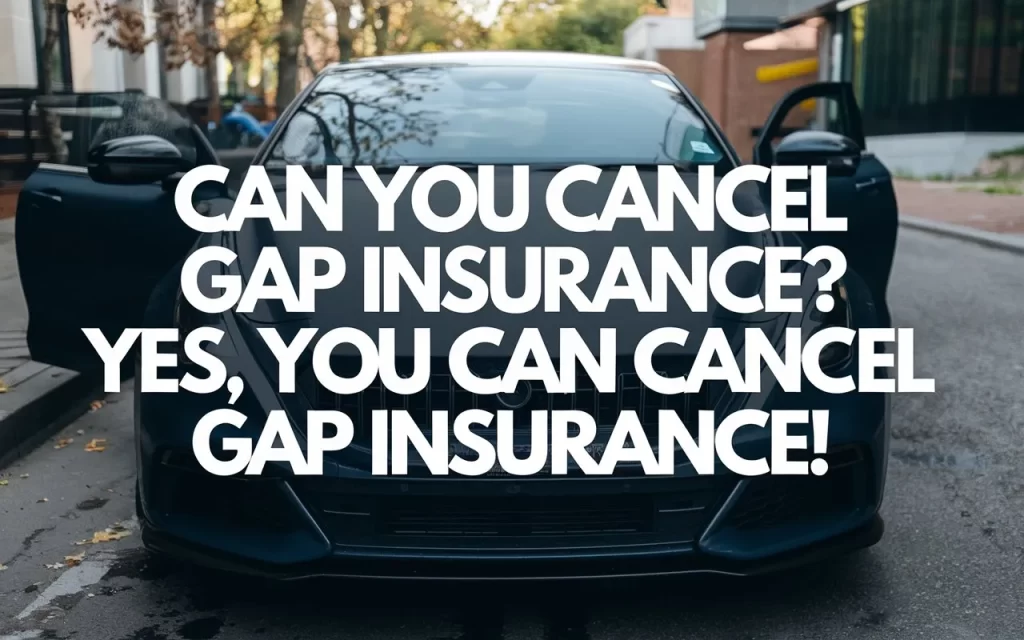
Yes, You Can Cancel Gap Insurance!
If you no longer need gap insurance, you can cancel it. Whether you’ve paid off your loan or your car’s value is now higher than the loan balance, cancelling the insurance is simple. Contact your insurance provider, and they will walk you through the process.
Will You Get a Refund?
Depending on your provider, you may be eligible for a partial refund if you cancel your gap insurance before the policy term is over. If you paid for gap insurance upfront for the entire loan term, you can request a refund for the remaining months of coverage.
The Shocking Truth About Gap Insurance: Is It Always Necessary?
Is Gap Insurance Worth It?
Gap insurance can be a lifesaver in the first few years of owning or leasing a car, but is it always necessary? While it provides valuable protection early on, it may not be needed for the entire loan term. Gap insurance becomes less important once your loan balance drops below your car’s market value.
Surprising Facts You Didn’t Know About Gap Insurance
Here are some surprising facts about gap insurance that you should know:
- It’s Optional: Many people believe gap insurance is mandatory, but it’s usually an optional add-on.
- You Can Buy It Later: You don’t have to purchase gap insurance simultaneously with your car. You can add it later if you need more protection.
- Refundable: As mentioned earlier, you may get a refund if you cancel your policy early.
- It May Be Included: Some lease agreements automatically include gap insurance, so always check the fine print.
How long does gap insurance last? Latest Exciting Updates on Gap Insurance
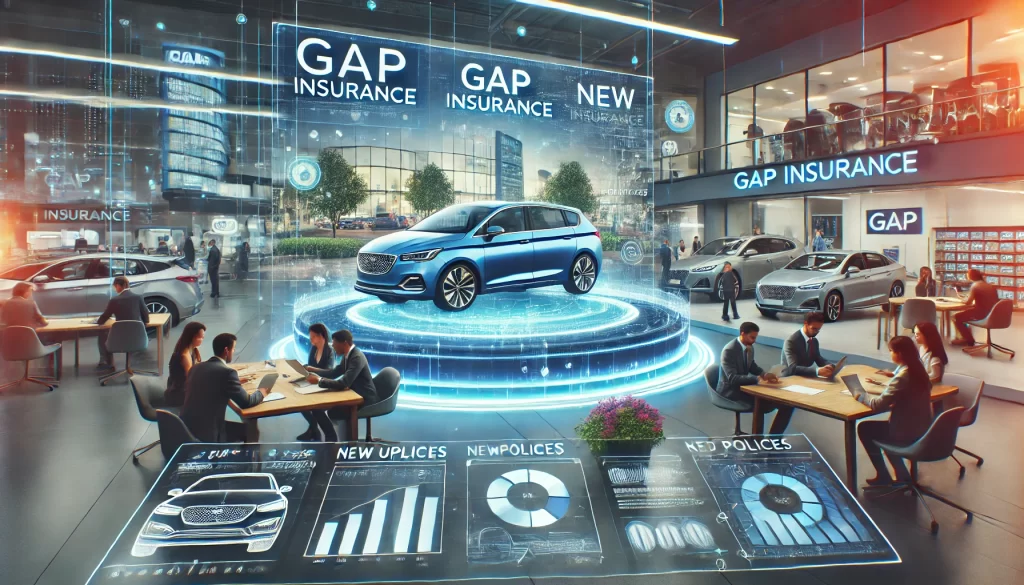
2024 Changes to Gap Insurance Policies
Insurance companies are now offering more flexible gap insurance policies. Some providers allow you to adjust the coverage period depending on your loan status or offer reduced rates for shorter loan terms.
Additionally, advancements in car valuation tools mean that your insurance company can provide more accurate assessments of your car’s value, which helps ensure that gap insurance lasts only as long as it’s genuinely needed.
Also Read: How Long Does Eviction Stay on Your Record? Truth Revealed!
Should You Get Gap Insurance?
So, how long does gap insurance last? Typically, it lasts for your car loan or lease, but you may not need it for the entire term. Please keep track of your car’s value and your loan balance and decide when it’s the right time to cancel the coverage.
Gap insurance doesn’t have to last forever, but it can be crucial in protecting yourself financially while your car loan is still high. Stay informed, review your policy, and cancel it when it’s no longer needed.


